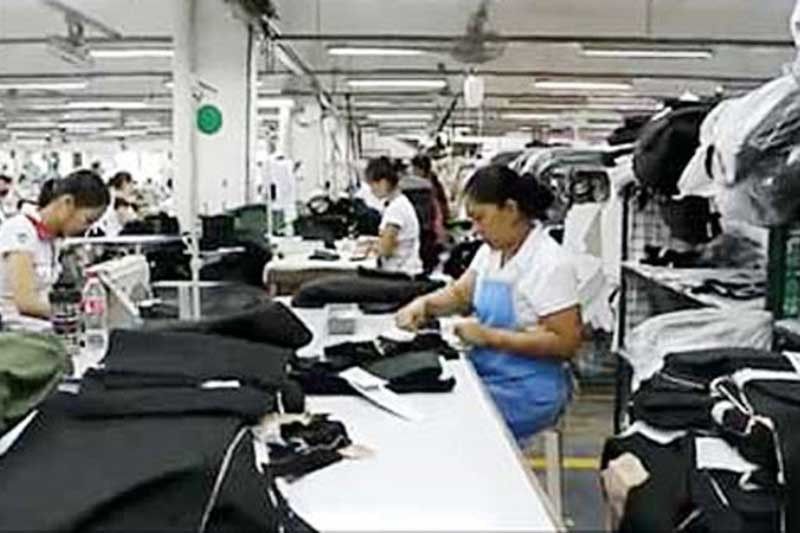Garment industry recovery underway

CEBU, Philippines — Demand for garment goods is seen to rise after the pandemic, as Filipino garment factories already noted increasing orders.
Foreign Buyers Association of the Philippines (FOBAP) reported that local factories have received new orders worth US$280 million after the pandemic resulted in cancelled and postponed orders.
Because of this, exports of garments and hard goods are expected to grow up to 15 percent to about US$1.4 billion 2021.
From sewing floor to store shelf, the 2021 outlook for troubled mid to high fashion items are dim and hazy, therefore a price recosting/re-levelling is a must.
Only the basics and essentials, such as undergarments, fast fashion are now staying alive," said Robert Young, FOBAP president in a statement.
Young said fresh confirmed export orders for the country's soft goods comprising mostly garments of about US$200 million will be on the sewing floor up to the first quarter.
Buyers are Wacoal, Adidas, Ralph Lauren, Ann Taylor, JCPenny, among others.
He said Philippine hard goods and home fixtures or wares, on the other hand, received reinstated orders roughly US$80 million from stores like TJMax, Crate & Barrel, Target and Costco.
“We expect to receive fresh orders in March 2021," Young said.
He said bulk or 70 percent of the orders come from the United States, while the rest from European Union, Canada, Australia, among others.
Also a trustee of Philippine Exporters Confederation Inc. (Philexport) for textile, Young expressed optimism about export growth of the sector despite the pandemic, as the country's factories hope to book orders which are unserved by other Asian neighbors due to their full production.
“Most of these orders are coming from the relocated (moved out) foreign factories in China. Also, the Philippines will have added volume for the more complicated items jackets/sportswear which are not the production preference of other countries. They opt for more basic wearables," he added.
To boost exports particularly to the EU, Young underscored the need for the Philippine government to request the EU to grant the usage of imported fabric/textile in the apparel production, thus it will be eligible for zero duty to the trading bloc under the Generalised Scheme of Preference Plus (GSP+).
This, as the EU requires Philippine-made textiles to be used in garment making to qualify for the zero duty into the bloc.
“Once the EU grants the usage of imported fabric in the apparel production, then, EUGSP+ utilization can reach a projected additional US$100 million in garment shipment,” he added.
Amid a pandemic, he said local exporters need to adapt bio-material textile (antivirus) innovation that will be a "big thing and in demand in 2021 onwards."
“Other items in demand post pandemic are essential items such as undergarments/protective apparel; simple practical fast-fashion wearables; and price driven and functional products for both soft and hard goods," he added.
- Latest























